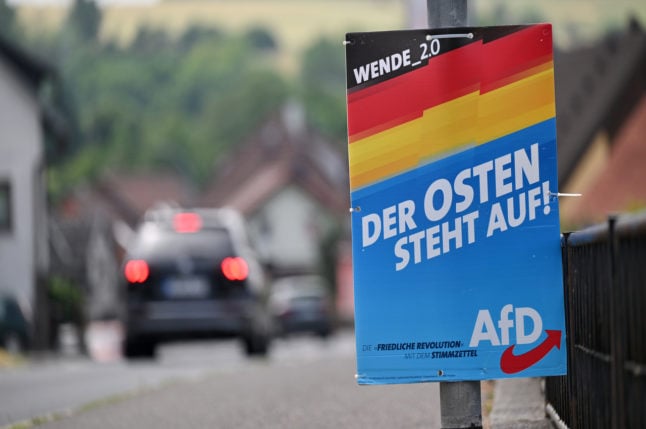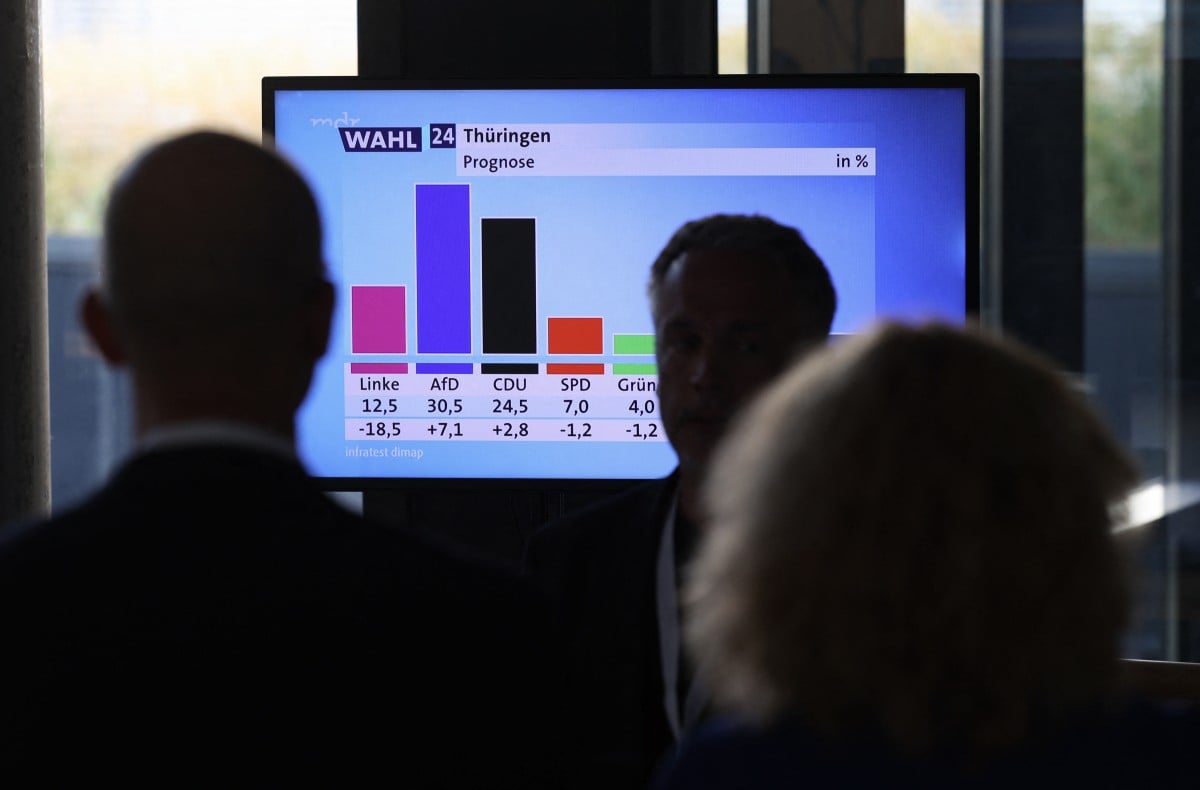Experts from the Federal Office for Information Security and the domestic intelligence service were “intensively involved in fending off the attack”, said a spokesman from the interior ministry.
The nature of the attack suggested that a “very professional actor” was involved, he said, adding that investigators were battling to prevent further damage.
The ministry did not say how much damage had been done by the cyberattack.
The domestic intelligence service planned to issue a warning later Saturday to political parties represented in parliament over the assault.
“Our security authorities had heightened protective measures against digital and hybrid threats,” said the ministry spokesman, adding that “we’re now seeing again how important this is before the elections”.
READ ALSO: Germany and Czech Republic accuse Russia of cyberattacks
A year ago, Chancellor Olaf Scholz’s SPD party and several German companies were hit by a cyberattack that German investigators say was carried out by the APT28 group, which is steered by the military intelligence service of Russia.
At that time, several email accounts of SPD personnel were compromised, the interior ministry had said.
APT28, also known as Fancy Bear, has been accused of dozens of cyberattacks in countries around the world.
READ ALSO: EXPLAINED: How Germany is preparing to ward off future cyberattacks
One of the most high-profile incidents so far blamed on Russian hackers was a cyberattack in 2015 that paralysed the computer network of the German lower house of parliament, the Bundestag, forcing the entire institution offline for days while it was fixed.
Russia denies being behind such actions.




 Please whitelist us to continue reading.
Please whitelist us to continue reading.
Member comments